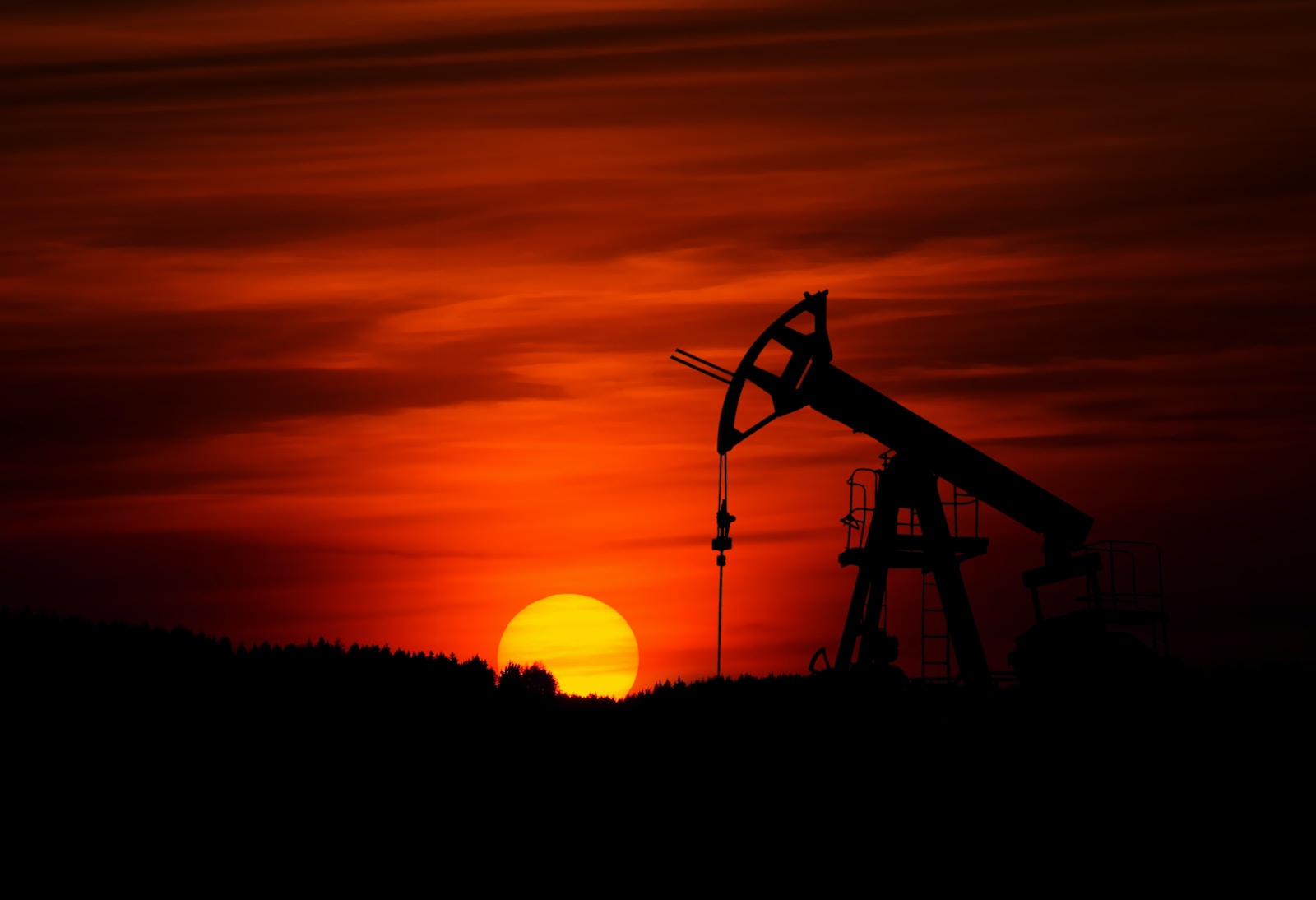“Shoemaker, Stick to your last!” Advice to Oil Majors
By
Branko Terzic
Numerous commentators have criticized the petroleum industry for not making major investments in clean energy technologies. Their analysis is simple. Oil companies have access to large amounts of capital and technology and therefore could, should, invest in clean technologies rather than continue investment in oil and gas exploration and production and/or continue paying out dividends. In other words, petroleum companies should diversify into the renewable energy industry.
However, business diversification away from “core competencies” may be passe with the recent dismantling of the last major conglomerate, General Electric. (For that recent history see Lights Out: Pride, Delusion and the Fall of General Electric by Thomas Gryta and Ted Mann, Mariner 2021)
Management consulting legend and guru Peter Drucker addressed the issue of business diversification in Management: Tasks, Responsibilities, Practices (Harper Collins 1993). Drucker wrote:
“ ‘Shoemaker, stick to your last’ The old cliché is still sound advice… There are only two ways in which diversity can be harmonized into unity…if the businesses… are embraced within the unity of a common market…and ... its activities are held together in a common technology.”
Based on Drucker’s criteria an oil company’s diversification into renewables will not necessarily lead to “harmonized unity” meaning financial success. The oil industry and the clean energy industries share neither “common market” nor “common technology.” The oil majors produce crude oil which is sold to refineries in the United States. Renewable energy companies, manufacture solar panels or wind turbines sold to wholesale electricity producers or electric utilities. Those markets are not the same.
The technologies required for crude oil exploration and development are seismic technologies, directional drilling and hydraulic fracturing technologies. The industry has traditionally employed geologists, chemical engineers, and petroleum engineers. None of the exploration and drilling technologies, especially the new “fracking” related ones which reshaped the oil and gas industries, are applicable to solar panel manufacturing or windmill production.
The CEO of Shell, one of the oil majors was quoted in the new York Times on July 28, 2023 assaying “..that he did not think that he company had what he called ‘a big differentiated advantage’ in generating electricity with wind and solar energy.” Further he indicated that Shell plans to sell some electric power businesses. Sticking to the oil business makes sense as the Wall Street Journal observed on August 14, 2023 that “The continuing investor windfall and recent run up in oil prices helped make the energy sector the S&P’s best performer over the past month.”
Shell’s decision to stick to its knitting makes sense which you consider even firms with deep expertise in the wind industry are having trouble finding financial success. The wind industry majors reported billions of dollars of losses in 2022. Vestas Wind Systems, General Electric Company and Siemens Gamesa Renewable Energy incurred losses due to a plethora of challenges including high inflation, reduced tax incentives, and rising interest rates along with supply chain challenges. In November 2022 GE predicted a $2 billion dollar loss leading a 20% cut in employment. The world’s largest wind turbine maker, Vestas, incurred a loss of $1.68 billion in 2022, the first in a decade. A loss of $943 million was reported by the other wind major Siemens Energy in 2022. The new US Inflation Act tax programs along with more incentives from governments worldwide may improve wind energy’s financial performance in the year ahead. Or they may not. (Felicity Bradstock, “Wind Power Has a Profitability Problem” April 19, 2023 OilPrice.Com)
Some oil majors may make investments in successful and growing renewable energy firms using the oil firm’s capital to expand those businesses. Some may not. For the foreseeable future consumers, truckers, farmers, airlines, ship owners and industry will continue to buy automobiles, trucks, tractors, airplanes, ships and mining equipment powered by internal combustion engines. Serving those markets, even as they decline, should be challenging and rewarding enough for the remaining oil majors.
The Honorable Branko Terzic is a former Commissioner on the U.S. Federal Energy Regulatory Commission and State of Wisconsin Public Service Commission, in addition to energy industry experience was a US Army Reserve Foreign Area Officer ( FAO) for Eastern Europe (1979-1990). He hold a BS Engineering and honorary Doctor of Sciences in Engineering (h.c.) both from the University of Wisconsin- Milwaukee.
#BrankoTerzic #energy #regulations #experience #research #future #opportunity #strategy #management #people #electricity #power #utilities #renewables #RenewableEnergy #energysector #oilandgas #powergeneration #energyindustry #oilandgasindustry #sustainability #oil


